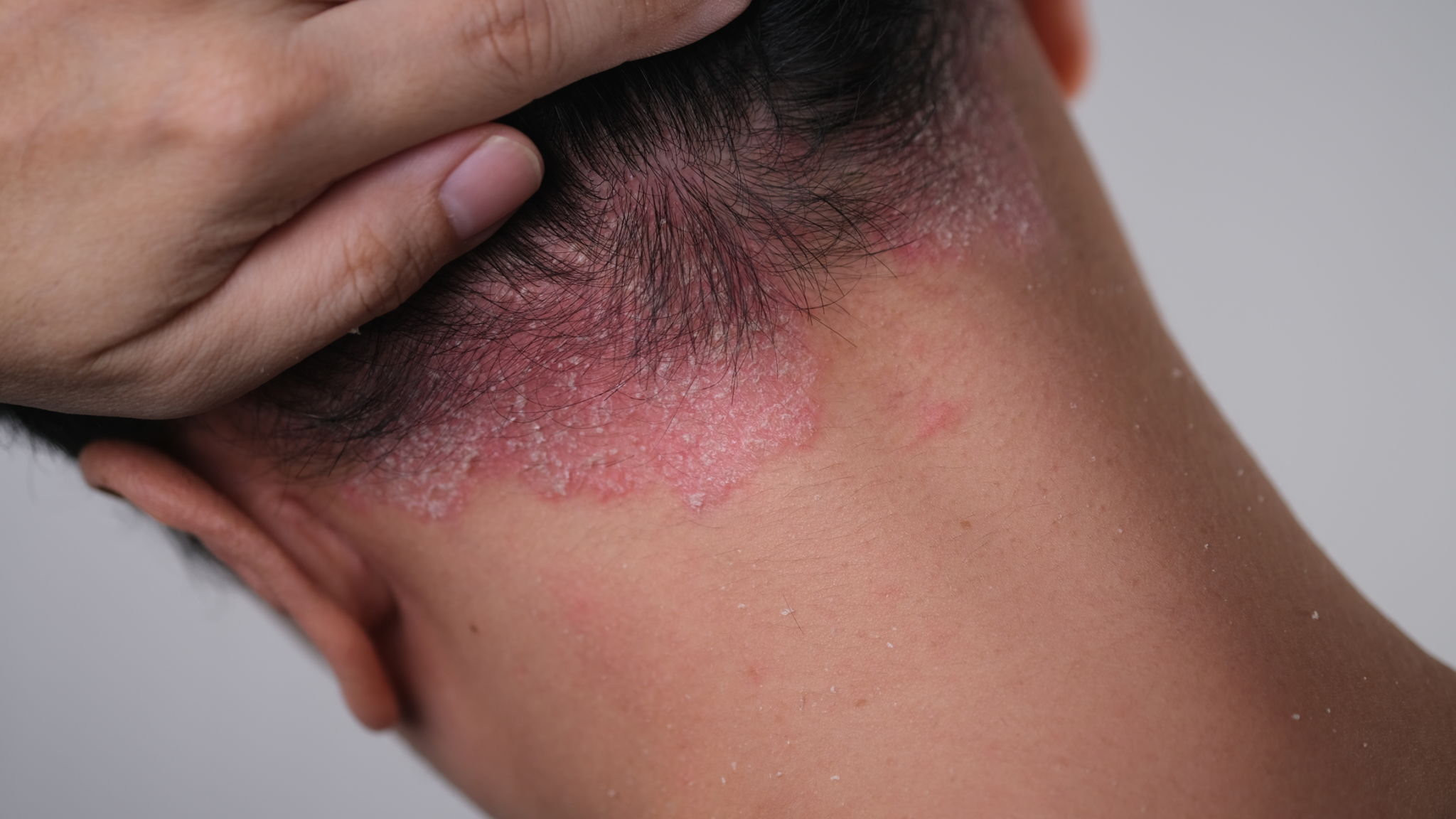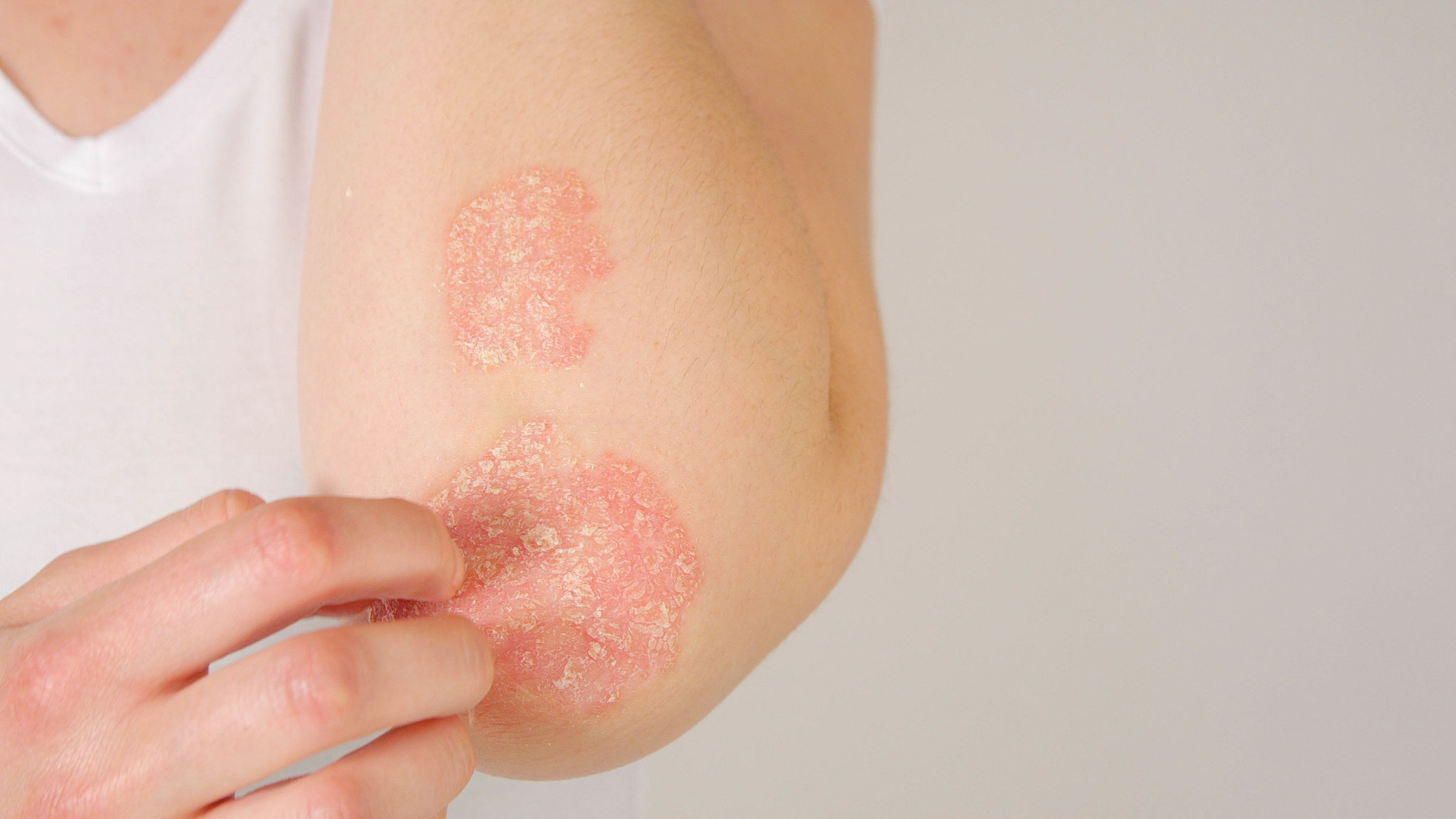Understanding Scalp Psoriasis: Symptoms, Causes, and Treatments
What is Scalp Psoriasis?
Scalp psoriasis is a common skin disorder that leads to raised, reddish, and often scaly patches on the scalp. It can appear as a single patch or multiple patches, and can even affect the entire scalp. This condition can extend beyond the hairline, affecting the forehead, back of the neck, and behind the ears.
While scalp psoriasis is not contagious, it can be quite bothersome and uncomfortable for those who experience it. The severity of the condition can range from mild, with fine scaling, to severe, with thick, crusted plaques covering large areas. Understanding this condition is crucial for effective management.

Recognizing the Symptoms
Symptoms of scalp psoriasis can vary significantly among individuals. Some of the most common symptoms include:
- Red patches of skin covered with silvery scales
- Flaky dandruff-like scales
- Dry scalp
- Itching or soreness
- Temporary hair loss
These symptoms can sometimes be confused with other scalp conditions such as seborrheic dermatitis. However, scalp psoriasis tends to have more defined scales with a silvery sheen.

Causes and Risk Factors
The exact cause of scalp psoriasis is not entirely understood, but it is believed to be related to an immune system problem with T cells and other white blood cells, known as neutrophils. These cells mistakenly attack healthy skin cells as if to heal a wound or fight an infection.
Factors that may increase the risk of developing scalp psoriasis include:
- Family history: A family history of psoriasis or other autoimmune diseases increases risk.
- Infections: Certain infections, such as strep throat, can trigger psoriasis.
- Stress: High stress levels can affect the immune system and trigger psoriasis flare-ups.
- Obesity: Excess weight increases the risk of psoriasis.
- Smoking: Tobacco use increases risk and severity.

Treatment Options
Treating scalp psoriasis often requires a combination of therapies. The goal is to slow down cell turnover, reduce scaling, and clear existing plaques. Here are some common treatments:
- Topical treatments: These include medicated shampoos, corticosteroids, and vitamin D analogues.
- Phototherapy: This involves exposing the skin to ultraviolet light under medical supervision.
- Systemic medications: For severe cases, oral or injected medications may be prescribed.
It's essential to consult a healthcare professional to tailor a treatment plan that suits individual needs and severity of symptoms.
Lifestyle and Home Remedies
In addition to medical treatments, certain lifestyle changes and home remedies can help manage scalp psoriasis. Keeping the scalp moisturized with suitable products can reduce dryness and scaling. Gentle hair care routines, avoiding harsh products, and using a soft brush can help minimize irritation.
A balanced diet rich in anti-inflammatory foods such as fruits, vegetables, and omega-3 fatty acids may also support overall health and potentially reduce flare-ups. Stress management techniques like yoga and meditation can play a crucial role in managing psoriasis symptoms.

